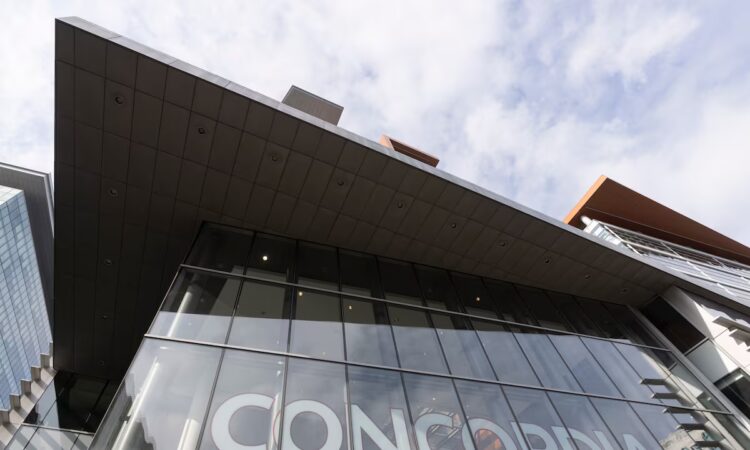
Montreal’s Concordia University is investing $25-million in a social impact fund, marking what they say is the largest investment by a Canadian postsecondary institution in a vehicle that prioritizes social and environmental gains alongside financial returns.
Concordia University’s Inter-Generational Fund is making the investment in Realize Fund I, which is managed by Realize Capital Partners, a subsidiary of Toronto-based, impact-investing company Rally Assets.
Realize is one of three funds chosen by the federal government in 2023 to manage $400-million in assets aimed at expanding the country’s social finance market and attracting more private-sector capital to the effort.
Realize’s portion was set up with $135-million in public seed capital. The aim is to help the country meet its United Nations sustainable development goals, which focus on areas such as sustainable agriculture, microfinance as well as accessible health care and education.
Concordia’s chief investment officer, Marc Gauthier, said the investment is a big step that brings the endowment fund, which is used to repay university debt and fund student supports, toward a goal to be composed of 100-per-cent sustainable investments by the end of this year.
Investors wary of sustainability claims as companies ditch disclosures
He said the Realize fund aligns with its values, which include delivering long-term financial security and “intergenerational positive outcomes.”
“This is scope – it allows me one single allocation to reach many different types of impact. It can reach Indigenous reconciliation. It can reach affordable housing. It can reach decarbonization. It can reach many themes which otherwise I would need to do individually,” Mr. Gauthier said in an interview.
It also offers capital preservation through the federal government’s involvement, he said.
Impact funds have gained more attention in recent years as some investors around the world became wary of the environmental, social and governance field amid concerns about of greenwashing, and exaggerating environmental benefits.
Realize Fund I, which invests in other funds, has attracted $85-million in private capital to date, and has a target $270-million by March, 2026. It has 19 holdings in its portfolio.
Two-thirds of its 17 investors are placing their money with an impact fund for the first time, it said. Those include large institutions such as Bank of Nova Scotia’s Roynat Capital division and venture investors including Patrick Lor, managing partner of Panache Ventures, a Montreal-based venture capital fund.
ESG may be falling out of vogue, but sustainability is becoming unavoidable
Concordia’s investment represents a milestone for mainstream investors diving into impact investing, said Lars Boggild, portfolio manager for Realize Fund.
“Certainly the intent of Realize has been to provide an avenue through which larger capital allocators could engage with the impact investing market in a way that was more turnkey, was more diversified,” Mr. Boggild said.
The government seed capital, meanwhile, helps to lower the risk for private-sector investors.
“While we continue to progress in that, I view Concordia’s commitment in particular as being significant in indicating that ability at scale – at a larger volume, a larger value,” he said.
Investors have pushed for Canadian asset owners and managers to allocate capital in ways that will benefit the country’s environment and communities, and that’s intensified since U.S. President Donald Trump launched his tariff war, Realize said in a statement.
Realize invests solely in Canadian-headquartered funds with objectives of positive social and environmental outcomes, Mr. Boggild said.
“The wider connection to the economic sovereignty story is that we are building out market infrastructure through which more domestic capital can more efficiently and effectively flow to impactful Canadian businesses,” he said.
That was a selling point for Concordia, as Ottawa has also pushed for Canadian institutions to increase investments within the country, Mr. Gauthier said.
“It’s about allocating capital towards solutions needed in Canada,” he said.




